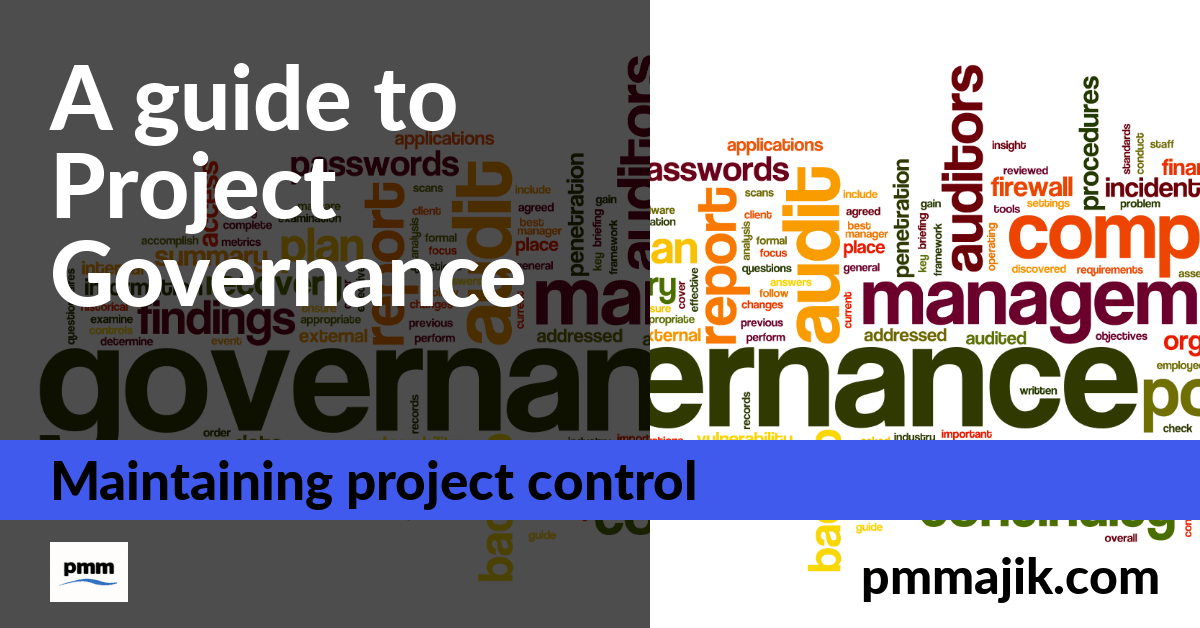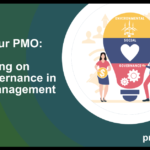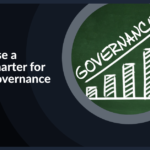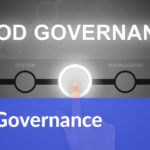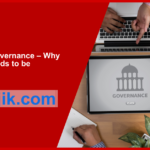Project Governance is not project management. It is the higher-level framework inside an organization to measure and manage projects. Some organizations will have an established Project Management Office (PMO), which may define a governance framework for projects
What does a project governance framework look like? Start simple, each project governance model should require the following:
- A Project Sponsor
- A Complete Project Plan (more than a Gantt chart)
- Clear Check-in/Reporting Gates
- Active Stakeholder Engagement & Communication
- Defined and Communicated Roles and Responsibilities
- A Formal Lessons Learned Methodology
A Project Sponsor
You really can’t have a project without a Project Sponsor. This is the person who provides the business requirements and provide business context to the project delivery.
Ultimately, they are the link between the project and the business community. They assist in the decision-making during the project and provide business guidance. They are your first stop for escalation for issues beyond the authority of the project manager.
Your project sponsor should be the project champion. They ensure that the organization and the customer is onboard with the project. They provide the link between the project, the business community, and strategic level decision-making groups.
Sometimes the project sponsor is obvious, but other times there are several possible sponsors. Your sponsor can be one person, (often a manager or executive) or two. More than two and you will struggle for consensus. They will have overall accountability for the project. It is important that the sponsor is selected early in the planning of the project.
For more information see PMO Sponsorship – Why it is Vital for Success.
A Complete Project Plan (more than a Gantt chart)
Your project plan is more than a Gantt chart. In addition to the high-level timeline, you need tasks broken down into manageable work packages. You need to have a formal communication plan and a Risk Strategy. These are all things that are included in your Project Plan.
It is a good practice to walk through the components of a project plan, even on the smallest, to ensure you’ve covered all aspects. This plan should be developed in the initial stages of the project, published and updated periodically throughout the project.
Clear Check-in/Reporting Gates
A Project Governance framework often means defined requirements for a project at various stages and periodic reviews as the project progress.
It might look something like this –
Monthly PMO Governance Reviews including the required documents at the defined project stages.
Project Concept/Approval
• Proposed Project Charter
• Proposed Project Budget
Project Planning
• Project Timeline
• Project Communications Plan
• Project Roles & Responsibilities
• Project Risk Matrix
Requirements & Design
• Requirements Documented
• Proposed Design Documented
• Updated Project Plan
• Updated Project Timeline
Development/Implementation
• Test and Validation Plan
• Implementation Plan
• Project Plan
• Project Timeline
• Project Risks
Project Closure
• Final Transition Documentation
• Lessons Learned Document
The Governance model will define which documents are to be completed at each stage of the project and include a review of the project status to senior leadership. These check-in points may be scheduled at various phases of the project or on a periodic basis, such as monthly or quarterly.
It will also be important to utilize document templates for the required documentation. Having the same documentation from project to project will make both the project managers job easier, as well as the Governance team, as they will be used to working with similar documents.
Active Stakeholder Engagement & Communication
Part of an effective Governance model will include frequent project communication and interaction with the Project Stakeholders.
Stakeholders = anyone affected by, participating in or impacted by the project.
Your stakeholders are going to be the voice of your project. These are the folks impacted, they are the ones who will complain when things don’t go well. You will need to keep them engaged throughout the project.
Your project governance model will define requirements for identifying and communicating with project stakeholders.
For more information see PMO Tools – Project Communication.
Defined and Communicated Roles and Responsibilities
This is the project team, the sponsors, the stakeholders and leadership. Defining Roles and Responsibilities will prevent miscommunications and duplicating efforts. It will help team members know who to ask when they need something. As the project manager, this will help you determine if you have covered all your bases.
For more information see The Real Roles & Responsibilities Across a Project or Programme.
A Formal Lessons Learned Methodology
Most projects collect feedback at the end of the project, but that’s where it ends. There is not an active effort to re-tool the Project Management methodology to incorporate the feedback.
Sometimes the feedback is for other groups or organizations. You need a formal process for sharing the feedback and ensuring that there is action taken to make improvements.
For more information see Project and PMO Lessons Learned Overview.
Summary
Project governance is the management framework within which project decisions are made. Governance ensures that projects are all meet the same standards. Each project is required to meet the governed check-ins or gates.
Each project is required to have the same documentation, the same meeting cadence and the same leadership approval. Creating this framework will make incorporating feedback and process improvement easier and consistent across all projects.
Don’t be afraid of creating standards for your organization. It may seem like additional bureaucracy – and it is – but it is a necessary evil to get the advantages or repeatable processes and consistent delivery and management.
